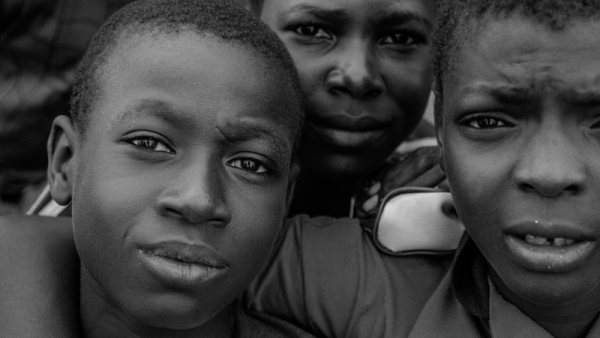Since the beginning of 2021, the hostilities in Tillabéri, the western region of Niger, which borders Mali and Burkina Faso, have escalated drastically. The conflict, which will have been going on for a decade come January 2022, involves two main armed groups competing for control, the Islamic State in the Greater Sahara (ISGS) and the al-Qaida-affiliated Jama’at Nusrat al-Islam wal-Muslimin (JNIM), both of whom have repeatedly perpetrated war crimes and gross abuses, including the targeting of civilians, schools and food reserves.
Children have been killed, recruited to participate in hostilities, forcibly displaced, and deprived of the right of access to education and healthcare. Since the beginning of the year, more than 60 children in Niger’s tri-border area have been killed. JNIM has targeted boys aged between 15 and 17, and possibly younger, offering food, money, and clothes to attract more recruits, and using children as spies, scouts, and lookouts. With little alternatives, the small amount of freedom and power offered by these groups can pose an attractive prospect to vulnerable children.
As estimated by the Armed Conflict Location & Event Data Project (ACLED), in Niger, between 1 January and 29 July 2021, violence against civilians has led to 544 conflict-related deaths. Amnesty International and the United Nations Children's Fund (UNICEF) draw attention to the impact of the conflict on mental health: in some areas, up to 80% of children may be victims of psychological trauma and distress.
The hostilities in Tillabéri have worsened the already dramatic situation of children in Niger, among the most vulnerable in the world. The World Bank classified Niger as an extremely low income country, with a poverty rate of approximately 42.9% in 2020, and the lowest position on the human development index (HDI). Through its report “‘I Have Nothing Left Except Myself’: The Worsening Impact on Children of Conflict in the Tillabéri Region of Niger”, Amnesty International is urging Nigerian authorities and international partners to take action, preventing further abuses and protecting basic human rights.
Sources:
https://www.amnesty.org/en/wp-content/uploads/2021/09/AFR4346272021ENGLISH.pdf
Author: Antonella Candiago; Editor: Xavier Atkins







